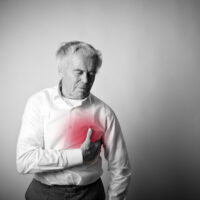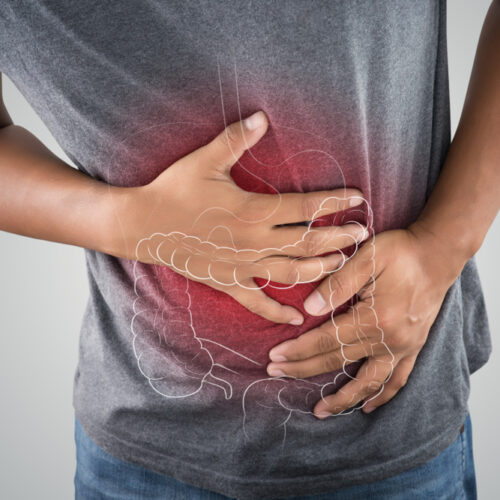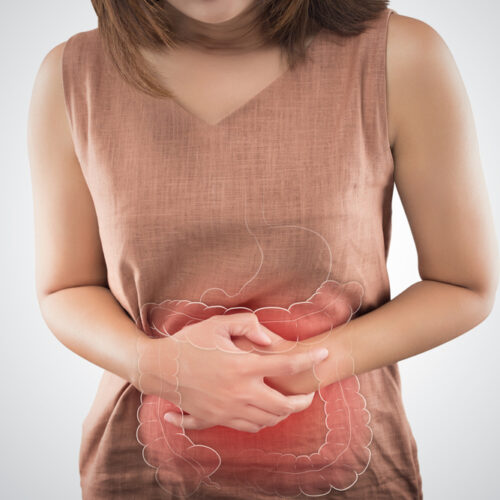Stages and symptoms of stomach cancer
Stomach cancer is considered to be one of the most painful cancer types. However, for a large number of people, pain is not one of the earliest stomach cancer symptoms. In its early stages, stomach cancer might not show any symptoms. Well, every individual suffers from stomach pain every now and then, and this should not make someone worry about suffering from stomach cancer.

Diagnosing and staging of stomach cancer
There are different processes used in the diagnosing and the staging of stomach cancer. A proper diagnosis helps in understanding the presence of cancer and staging helps in determining the extent of the disease. Staging also helps in guiding the treatment decisions. Doctors carry out different tests for understanding the presence and stage of stomach cancer. For common people, it is necessary to understand the different stages of stomach cancer and their symptoms.
Symptoms of stomach cancer in its early stages
Early-stage stomach cancer symptoms are rare. This is mainly why it becomes really difficult to detect it in the initial days. Some signs of early-stage stomach cancer are as follows:
- Weight loss without making any efforts
- Poor appetite
- Belly or abdominal pain
- Unclear discomfort above the navel or in the abdomen
- Indigestion or heartburn
- Feeling full even after having a small meal
- Fluid build-up or swelling in the upper abdomen
A majority of these early-stage stomach cancer symptoms are likely to be the result of other conditions and not cancer. These conditions might be ulcer or stomach virus. However, not stomach cancer but some other type of cancer might also be the cause of these symptoms. If these problems get worse or do not go away, then it is necessary to get them checked by a doctor.
Later-stage symptoms
The later-stage stomach cancer symptoms are listed below:
- Fatigue and weakness
- Bleeding resulting in anemia
- Constipation or diarrhea
- Vomiting and nausea
- Discomfort in the abdomen or abdominal pain
The symptoms of stomach cancer need to be treated at the earliest. Although it is not possible to consider them as symptoms of stomach cancer as soon as they appear, if they do not go away or seem to get worse, it is time to take them seriously.











